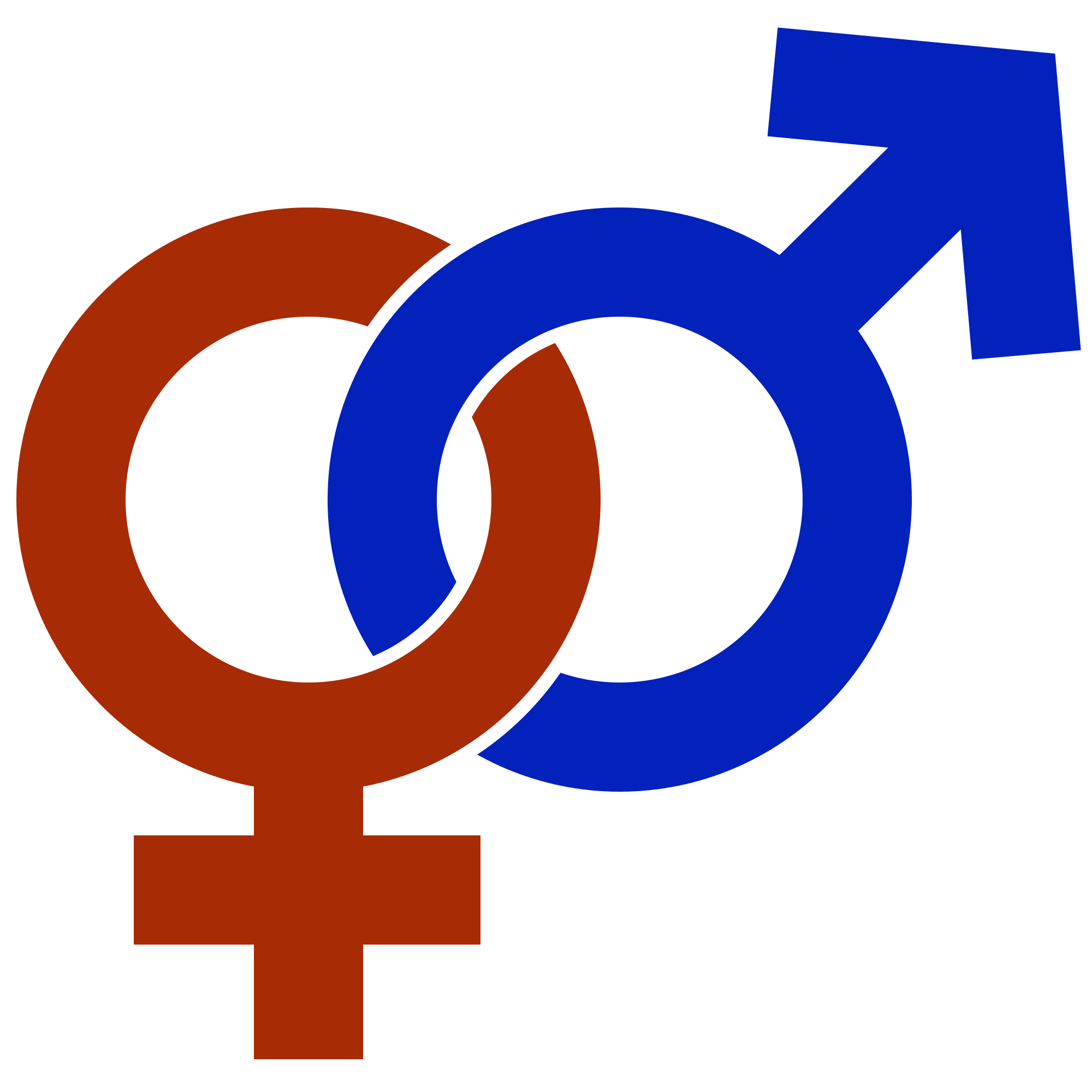Femininity Test: Unlocking The Essence Of Femininity And Empowering Women
Mar 24 2025
Femininity test has become an increasingly popular topic in recent years as people explore the depths of self-expression, identity, and empowerment. In a world where gender roles are constantly evolving, understanding femininity has become more important than ever. Whether you're seeking to embrace your own femininity or simply curious about what it entails, this comprehensive guide will delve into everything you need to know about femininity tests and their significance in today's society.
Femininity is a concept that transcends cultural, social, and personal boundaries. It represents the qualities traditionally associated with being female, but it also encompasses a broader understanding of identity and individuality. Femininity tests aim to help individuals explore and define their unique feminine traits, empowering them to embrace their true selves.
In this article, we will explore the concept of femininity tests, their purpose, and their importance in modern society. We will also discuss various types of tests, how they work, and the scientific and psychological basis behind them. By the end of this guide, you will have a deeper understanding of femininity and how it can enhance your self-awareness and personal growth.
Read also:Bernie Sanders Age A Comprehensive Guide To His Life Career And Legacy
Table of Contents
- What is Femininity Test?
- History of Femininity and Gender Norms
- Types of Femininity Tests
- The Scientific Basis Behind Femininity Tests
- Psychological Insights into Femininity
- Benefits of Taking a Femininity Test
- How to Interpret Femininity Test Results
- Common Misconceptions About Femininity Tests
- The Role of Femininity in Modern Society
- Conclusion: Embrace Your Femininity
What is Femininity Test?
A femininity test is a tool designed to help individuals explore and understand their feminine qualities. These tests typically consist of a series of questions that assess various aspects of personality, behavior, and preferences associated with traditional notions of femininity. The results of these tests can provide valuable insights into one's self-identity and help individuals embrace their unique feminine traits.
Key Features of Femininity Tests
- Questions focus on personality traits, communication styles, and emotional expression.
- Results are often presented as a score or profile that highlights feminine strengths.
- Tests can be tailored to specific age groups, cultural backgrounds, or personal interests.
While femininity tests are not definitive measures of identity, they serve as a useful starting point for self-reflection and personal growth. By understanding the concept of femininity, individuals can better navigate the complexities of gender identity and expression.
History of Femininity and Gender Norms
The concept of femininity has evolved significantly throughout history. In ancient civilizations, femininity was often linked to roles such as motherhood, caregiving, and nurturing. Over time, societal norms and cultural influences have shaped the way femininity is perceived and expressed. Today, femininity is understood as a spectrum that allows for diverse interpretations and expressions.
Key Milestones in the Evolution of Femininity
- 19th Century: The rise of women's suffrage movements challenged traditional gender roles.
- 1960s-1970s: The feminist movement emphasized equality and empowerment, redefining femininity.
- 21st Century: Gender fluidity and inclusivity have expanded the understanding of femininity.
Understanding the historical context of femininity provides valuable insights into how societal norms have shaped our perceptions of gender. By embracing a more inclusive and flexible definition of femininity, individuals can better express their true selves.
Types of Femininity Tests
There are various types of femininity tests available, each designed to assess different aspects of feminine identity. Some tests focus on personality traits, while others explore emotional intelligence, communication styles, and social behaviors. Below are some of the most popular types of femininity tests:
Personality-Based Femininity Tests
These tests evaluate personality traits commonly associated with femininity, such as empathy, nurturing, and cooperation. They often use standardized questionnaires to assess how these traits manifest in everyday life.
Read also:South African Telegram A Comprehensive Guide To Communication And Community Building
Emotional Intelligence Femininity Tests
Emotional intelligence tests measure an individual's ability to understand and manage emotions, both their own and those of others. These tests highlight the importance of emotional awareness in expressing femininity.
Cultural Femininity Tests
Cultural femininity tests take into account the influence of cultural norms and traditions on gender identity. They explore how cultural expectations shape perceptions of femininity and provide insights into cross-cultural differences.
The Scientific Basis Behind Femininity Tests
While femininity tests may seem subjective, they are often grounded in psychological and sociological theories. Researchers have identified several key factors that contribute to the expression of femininity, including:
- Biological factors: Hormones such as estrogen and oxytocin play a role in shaping feminine traits.
- Socialization: Early experiences and cultural influences shape perceptions of femininity.
- Psychological development: Personality theories, such as those proposed by Carl Jung and Abraham Maslow, provide frameworks for understanding feminine identity.
Studies have shown that femininity is a complex interplay of biological, social, and psychological factors. By incorporating scientific insights into femininity tests, developers can create more accurate and meaningful assessments.
Psychological Insights into Femininity
Psychologists have long studied the concept of femininity and its impact on personal and social development. Key theories, such as gender schema theory and social role theory, provide valuable insights into how individuals construct and express their feminine identities. These theories emphasize the importance of self-awareness, acceptance, and empowerment in embracing femininity.
Key Psychological Concepts
- Gender schema theory: Explains how individuals organize information about gender roles and behaviors.
- Social role theory: Examines how societal expectations influence gender identity and expression.
- Self-concept theory: Highlights the importance of self-awareness and acceptance in personal development.
By understanding these psychological concepts, individuals can better navigate the complexities of femininity and develop a stronger sense of self-identity.
Benefits of Taking a Femininity Test
Taking a femininity test offers numerous benefits for personal growth and self-awareness. Some of the key advantages include:
- Increased self-awareness: Understanding your feminine traits can help you better express your identity.
- Improved communication: Recognizing feminine communication styles can enhance interpersonal relationships.
- Empowerment: Embracing your femininity can boost confidence and self-esteem.
While femininity tests are not definitive measures of identity, they serve as valuable tools for self-reflection and personal development. By exploring your feminine qualities, you can gain a deeper understanding of yourself and your place in the world.
How to Interpret Femininity Test Results
Interpreting femininity test results requires a nuanced understanding of the factors influencing feminine identity. It's important to remember that test results are not absolute or definitive. Instead, they provide a starting point for self-reflection and exploration. Below are some tips for interpreting femininity test results:
Key Considerations
- Consider the context: Take into account your personal experiences, cultural background, and social environment.
- Focus on strengths: Highlight the positive aspects of your feminine identity and celebrate your unique qualities.
- Seek professional guidance: If you're unsure about your results, consult a psychologist or counselor for further insights.
By approaching test results with an open mind and a willingness to learn, you can gain valuable insights into your feminine identity and enhance your personal growth.
Common Misconceptions About Femininity Tests
Despite their popularity, femininity tests are often misunderstood. Below are some common misconceptions about these assessments:
Misconception 1: Femininity Tests Define Gender Identity
Femininity tests are not definitive measures of gender identity. Instead, they provide insights into specific feminine traits and behaviors. Gender identity is a deeply personal and complex concept that cannot be fully captured by a test.
Misconception 2: Femininity Tests Are Only for Women
Femininity tests can be taken by anyone, regardless of gender. Exploring feminine qualities can benefit individuals of all genders, promoting greater understanding and acceptance of diverse identities.
Misconception 3: Femininity Tests Are Biased
While some tests may reflect cultural or societal biases, many modern assessments strive to incorporate diverse perspectives and inclusive language. It's important to choose tests that align with your values and beliefs.
The Role of Femininity in Modern Society
In today's society, femininity plays a vital role in promoting equality, empowerment, and inclusivity. As gender norms continue to evolve, individuals are encouraged to embrace their unique identities and express their femininity in meaningful ways. Below are some key trends shaping the role of femininity in modern society:
Trend 1: Gender Fluidity
Gender fluidity recognizes that gender identity exists on a spectrum, allowing individuals to express their femininity in diverse and flexible ways.
Trend 2: Empowerment Through Femininity
Empowerment through femininity emphasizes the importance of celebrating feminine qualities and using them as a source of strength and confidence.
Trend 3: Intersectionality
Intersectionality highlights the interconnectedness of gender, race, class, and other social identities, promoting a more inclusive understanding of femininity.
Conclusion: Embrace Your Femininity
In conclusion, femininity tests offer valuable insights into the complexities of feminine identity and expression. By exploring your unique feminine qualities, you can enhance your self-awareness, improve your relationships, and empower yourself to embrace your true self. Remember that femininity is a deeply personal and individual journey, and there is no one "right" way to express it.
We invite you to share your thoughts and experiences in the comments below. Have you taken a femininity test? What insights did you gain from it? Additionally, feel free to explore other articles on our site for more information on personal growth, self-awareness, and empowerment. Together, we can create a more inclusive and understanding world where everyone can express their femininity with confidence and pride.


